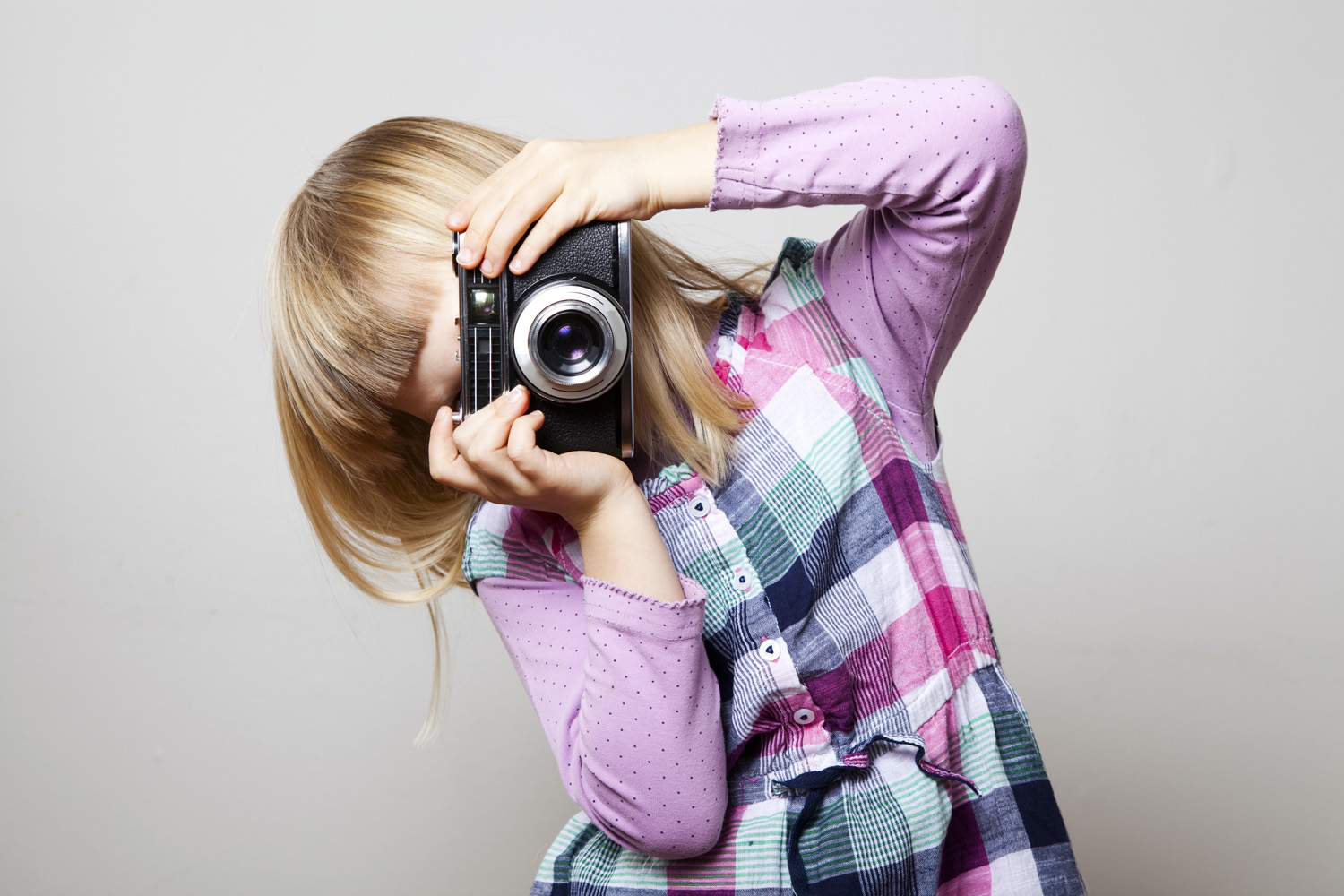University of Manchester to launch a new study into the ‘unscripted’ roles of sperm and egg donors

The University of Manchester is launching a new research study to explore the social implications of donating sperm or eggs and the effects the decision to donate has on donors’ everyday lives and relationships.
Dr Leah Gilman and Dr Petra Nordqvist (Sociology, University of Manchester) would like you to get in touch and participate in their study if you have donated sperm or eggs in the past, are a partner or parent of someone who has donated their sperm or eggs, or you are a counsellor working with sperm or egg donors.
For more information, take a look at their blog below and you can follow the link to their website here: www.manchester.ac.uk/egg-and-sperm-donors/take-part.
“How should you greet someone born from your sperm or egg?” An invitation to take part in a new research study on the ‘unscripted’ role of donors.
In an age of growing reproductive possibilities (from surrogacy to mitochondrial donation) and with ‘blended families’ commonplace, it is now widely understood that families can be made in a multitude of ways. People’s definitions of family are not limited to ‘blood’ or ‘genetic’ relatives. What matters are the everyday acts of caring and sharing (changing nappies and queuing for the bathroom) which constitute family life.
However, alongside this broad definition of family, there has been a growing belief that people have a ‘right to know where they have come from.’ In many countries around the world, including the UK, this has led to legal changes which enable donor-conceived people to find out the identity of their donor once they turn eighteen. The British Infertility Counsellors Association and the Donor Conception Network now encourage parents through donor conception to be open with their children about the circumstances of their conception and have developed a range of story books which help parents to start these conversations. Some would-be-parents may also choose a known donor, either a friend or family member, or they may go online to meet donors who are willing to have some contact with any child born.
This raises the question as to what role donors might play in such relationships? What responsibilities (if any) do they have to the children they help to conceive? How do they feel about these children and how ought they behave towards them? Genes alone do not make someone a Mum or a Dad but then what status do these biological connections have for people?
The anthropologist Maren Klotz has described these relationships as ‘unscripted’ in the sense that there are not yet established social rules with regard to how people connected in this way should feel and behave toward one another. We will all have been in social situations where appropriate behaviour is unclear: Should you greet your friend’s partner with a handshake or a hug? Should you buy a gift for a friend’s daughter’s birthday? Meeting your donor-conceived child for the first time (and potentially their parent(s)) is perhaps the ultimate unscripted situation. There really is no model for how these meeting might play out, no obvious ‘small talk’ to fall back on.
‘Unscripted’ situations have the potential for awkwardness because people’s expectations may differ about appropriate behaviour: that clash when they go for the handshake whilst you go for the hug. Donors may have different expectations to their donor-conceived offspring about how such a meeting will go. And, of course, they are not the only people with hopes (perhaps fears) about how this relationship will play out. As well as recipient parents, the donors’ own families may also have views about the donors and their own relationship to the donor-conceived person. Will donors’ partners feel any responsibility towards their partner’s biological children? Will donors’ own children see themselves as siblings to donor-conceived offspring?
These are just the kinds of questions that a new social research study at the University of Manchester aims to explore. The project will examine the impact of donating sperm and egg on donors’ everyday lives and relationships. We are interested in speaking to people who have donated sperm or eggs in the UK since 2005 or the partners or parents of donors.
If you are interested in taking part, please get in touch for more information or follow the link to our website: www.manchester.ac.uk/egg-and-sperm-donors/take-part
Leah Gilman, Research Associate, Sociology, University of Manchester Leah.gilman@manchester.ac.uk
Petra Nordqvist, Principal Investigator, Sociology, University of Manchester Petra.Nordqvist@manchester.ac.uk
